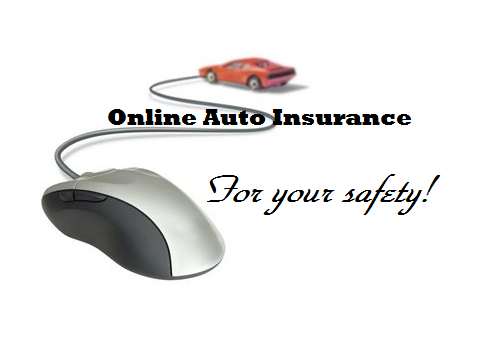What’s with all the mystery? Fred and Marcy live right down the street and they pay less than I do for their auto insurance premiums. Why is my rate so different?
To most people the way insurance companies calculate premiums seems completely random. Let me assure you it is NOT. Insurance companies spend millions of dollars calculating and weighing a plethora of factors trying to determine “risk” and then assigning a cost to it.
Knowledge is power. Once you understand what factors auto insurance companies are using to determine your rate the more power you will have over the premiums you pay…
One of the most obvious reasons you might pay more is if you have tickets or accidents. You are considered a “higher risk.” Even if you did not receive points for a ticket it is still a factor. If you are shopping for insurance and you do have accidents find out from your current company if they were considered at fault or not at fault. If they were not at fault they will not count against you. However, if they were considered at fault find out what percentage you were found to be at fault. Chances are if you were less than 50% in the wrong it will still affect the premium, but it won’t be “surchargeable.” Additionally, most companies will also consider how much was paid out to determine if there is to be a surcharge.
Location, Location, Location…This is one of the biggest factors affecting price. Insurance companies use statistics to show which areas are at higher risk for “claims.” These claims include accidents, grand theft auto and vandalism. As a general rule rates in the city will always be higher than in the suburbs and surrounding areas. Your Agent will be able to tell you if you are in a higher rated area. The solution here…is move! Maybe it’s time to buy that house in the country.
The type of vehicle you drive will affect the price. A sports car will likely be more money to insure than a family sedan. Foreign cars can also carry higher premiums because of the additional cost of parts and labor to repair them. In general the more expensive a car is (the actual cash value) the more money it will cost to insure because in the event of a total loss the more money the insurance company has to pay out. Additionally, some models may be less expensive to repair in a collision claim, but carry a higher risk for bodily injury. The solution here is to do your homework before buying your next car. Check out the Insurance Institute for Highway Safety (IIHS) for its “Top Safety Picks.” You could also research the Highway Loss Data Institute (HLDI) they analyze the cost to insurance companies from theft and collision claims. The NICB, National Insurance Crime Bureau, will also show you the top 10 vehicles most likely to be stolen. Understand that if your car is on that list your premium will reflect that additional “risk.”
Your age is also a determining factor. Drivers under twenty-five will be the most costly to insure because statistics show they are at greatest risk for tickets accidents. Most companies will however offer significant discounts for students with good grades and youthful drivers who have completed driver training programs. Drivers over fifty may be eligible for a discount, but be ready for that rate to go up again once you reach seventy-five.
One final factor to consider is mileage. The more miles you drive your vehicle each year the greater propensity for accidents simply because of the increased exposure. There are many ways to combat this issue…try walking, riding your bike, car pooling or taking public transportation. All of these will not only save on your insurance premiums, but they will reduce wear and tear on your vehicle, save gas money and they are better for the environment.
Finally, as always find an insurance agent you can trust. They will be your best resource to understanding your individual rate.


